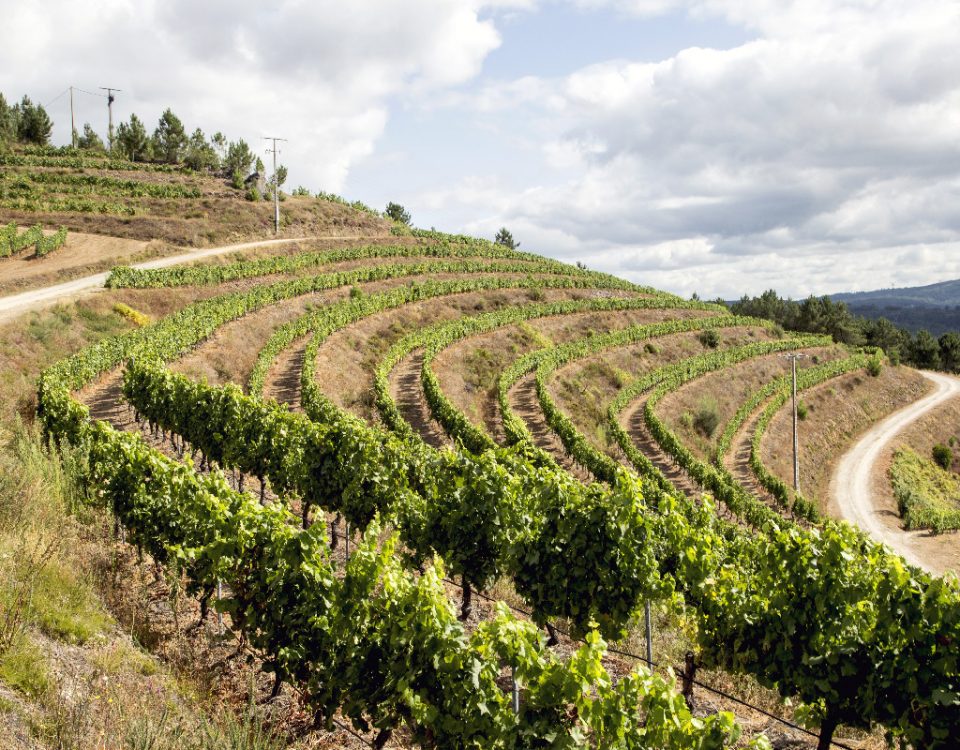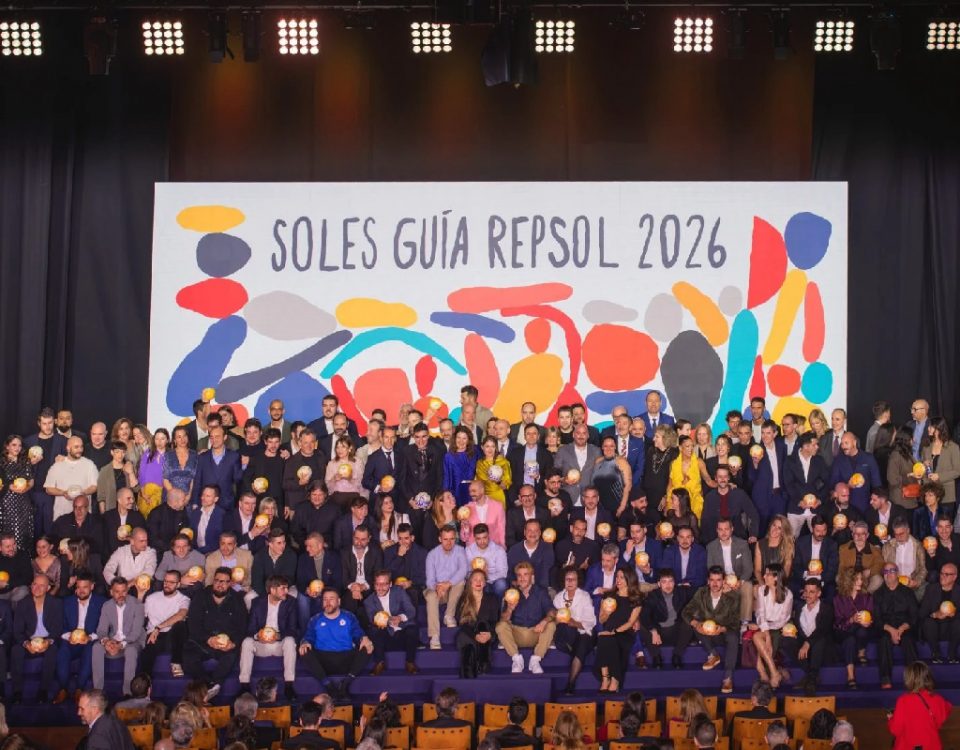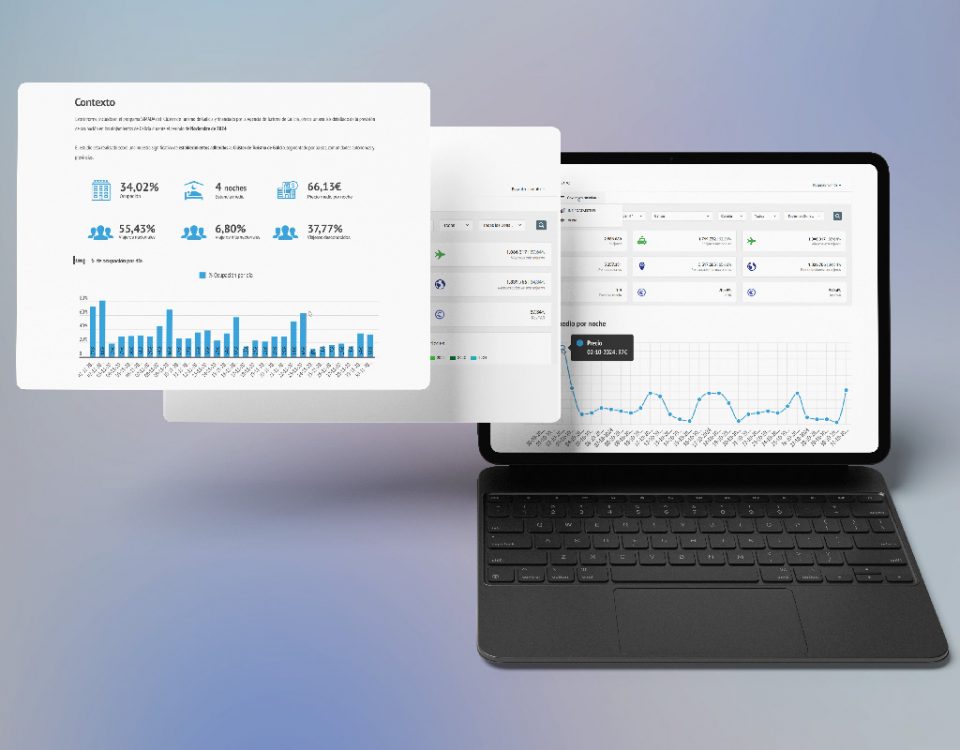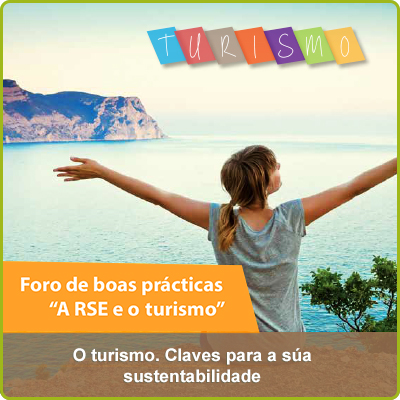- El mejor turismo de galicia
Intelligent Tourist Destinations, key to building a tourism of the future
Intelligent Tourist Destinations, key to building a tourism of the future
A representative of the Galician tourism sector was present at the Congress where he took the opportunity to establish contact with other tourism clusters.
The need to use information to make intelligent and efficient decisions, as well as the importance of using technologies to obtain a collective knowledge of tourism, understanding the behaviour and motivations of travellers visiting a tourist destination were some of the conclusions drawn at the 2nd World Congress on Intelligent Destinations held in Oviedo, where the Government took the opportunity to present a new Spanish tourism model based on technology, innovation, sustainability, accessibility and governance.
To this end, the Minister of Industry, Trade and Tourism, Reyes Maroto, has stressed that the Ministry wants to promote a National Strategy for Intelligent Tourist Destinations that promotes that “destinations are configured as innovative tourism spaces consolidated on an advanced technological infrastructure that ensures the sustainable development of the tourist territory. This infrastructure must also be “accessible to all, facilitate interaction and integration of the visitor with the environment, improve his or her experience at the destination and increase the quality of life of the residents”. The government’s position thus coincides with that of the Secretary General of UNWTO (World Tourism Organization), Zurab Pololikashvili, who defined intelligent tourist destinations as “the key to the tourism of the future, since they value their environmental, economic and social sustainability, relying on technology”.
For her part, the Secretary of State for Tourism, Isabel Oliver, who participated in the round table on `Growth, digitalisation and sustainability’, highlighted the importance of public-private collaboration between the different administrations, representatives of the sector, universities and residents to “seek alliances and share knowledge to implement technology in tourism, which is absolutely necessary to continue being leaders in the sector”.
Transformation and new technologies
Tourism is in an unprecedented process of transformation due to the emergence of new models and the massive incorporation of a technology that will “take us to the tourism model of the 21st century” and for this reason, an important part of the experts who participated in the different roundtables stressed the need for the involvement of the local population in tourism planning and in this sense, Big Data can help to make better decisions and can even help the derivation of tourist flows to guarantee the social sustainability of tourism.
Among the conclusions drawn from the congress, we can also highlight the need to approach the DTI (Intelligent Tourist Destinations) from a perspective of people’s behaviour, using it to get to know the visitor better. Technology is the key to showing a more humane tourism. It is necessary for technology to help in attracting tourism that values sustainability and how it can help us measure it. However, with the use of technology through the simplicity and ease that they propose, they imply that the user is less and less capable.
The II World Congress of Intelligent Tourist Destinations, organized by UNWTO, the Government of Spain and the Principality of Asturias, has brought together 88 national and international speakers and more than 600 participants from around the world, including private sector entities, researchers, academics, technology centres and political representatives.










